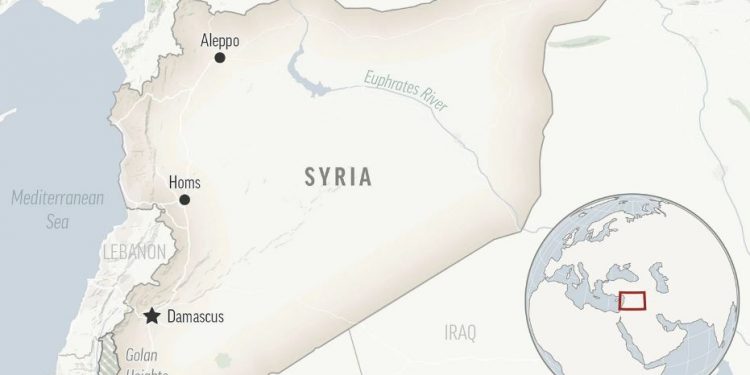Syria is in the grip of uncertainties since the fall of Bashar al-Assad on 8 December. There are still no signs of any let-up in fighting, especially in the northeast of the country, where Turkey’s Syrian allies intend to push back Kurdish forces. The latter are allied with the West in their fight against the Islamic State (IS). What is even more worrisome is the fact that the intentions of those who ousted the former ruler of Damascus remain veiled in mystery. This is particularly valid for the militiamen who were originally jihadists. They include Ahmed al-Sharaa, the leader of Hayat Tahrir al-Sham (HTS). Ahmed is known by his nom de guerre, Abu Mohammed al-Jolani. Interestingly, he changed his military fatigues and slipped into a jacket with a tie in record time. Whether that is merely a strategy to gain world-wide acceptance till he shows his true colours is a matter of speculation.
However, the changeover to this ‘free’ Syria is showing signs from the first days that do inspire a degree of confidence. Many wish to see an end to the monstrosity that characterised the hated regime that has collapsed. The prisons and mass graves that have come to light have already started to tell their gruesome tales. Families after families have been without news of their loved ones, often imprisoned without cause for decades when Bashar was in full fury. They briefly regained hope as soon as their executioner fled. The repression of the uprising that began in March 2011 led to the deaths of tens of thousands of Syrians.
The new Syrian authorities will be judged not simply on their determination to respect fundamental rights but also their ability and willingness to ensure that justice is done for mass crimes that have gone unpunished for far too long. State records – the country’s archives that have been preserved -, people hope, will be used to reconstruct what happened to those who disappeared. This is necessary to establish who was responsible and even to throw light on the links with those who were the dictatorship’s blind proxies abroad. Now contacts are being forged, including with countries that had placed HTS on their lists of terrorist organisations. This is a welcome sign as it is a pragmatic approach.
The task is indeed huge, given the dark legacy of a regime identified with a dynasty for over half a century. But, the international community that is backing the new rulers believes there is an opportunity to usher in a radical change from an era of terror and avoid new bloodbaths following in the footsteps of those committed by Hafez al-Assad and later his son Bashar. Syrian society is divided into religious and ethnic groups with often antagonistic relations. But, with the new conditions that are slowly unfolding in that country, there is hope for forging unity at least for a short term.
At the same time it is true that many members of the Assad clan and its repressive apparatus have left without asking for a second chance. They have already looted the country that had been cut off for decades. One of the tasks of the new rulers, as being demanded by the victims, is that these exploiters and agents of torture must be pursued relentlessly, starting with the head of this tribe, who has taken refuge in Russia.
Already legal proceedings have been initiated in Europe, notably in Germany, Belgium, the Netherlands and France, against regime officials who had taken refuge in various countries. It is now time for Syrians, having liberated themselves, to take responsibility for dispensing justice to the unjust and cruel.






































